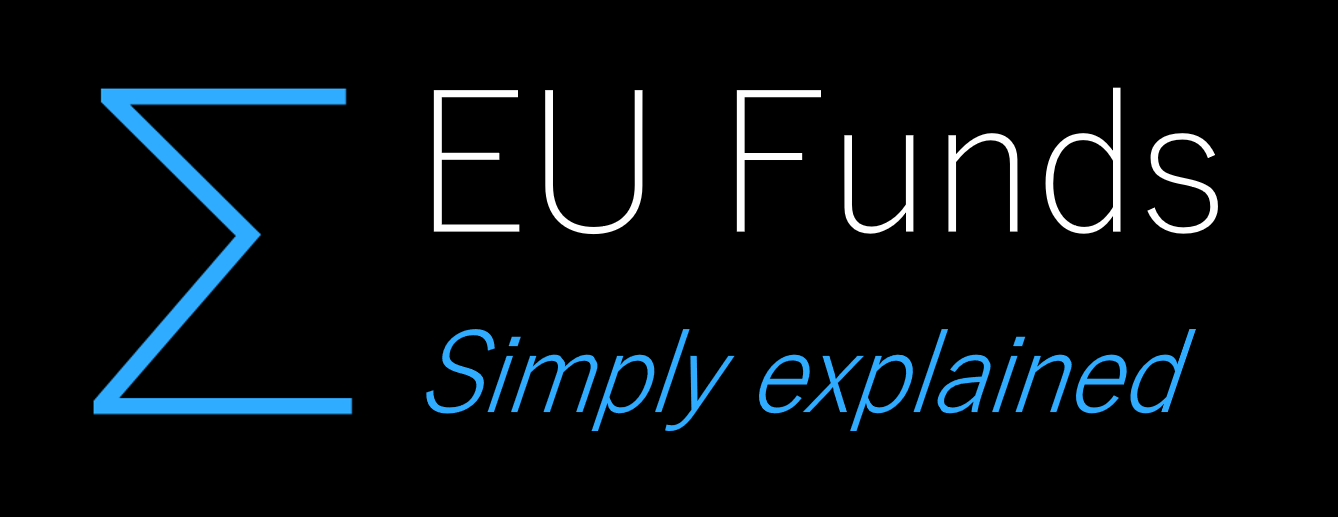If an entity has to pay taxes after receiving a EU grant depends on the situation of the company and the country of origin.
European subsidies such as Horizon Europe funds make up a component of the taxable income of the company to which they are awarded. Because it involves project support, and this implies that expenses will be incurred, it does not necessarily have any impact the operating profit and tax.
There are no specific provisions about the European Horizon 2020 subsidies to be found in the Belgian Income Tax Code. That is in stark contrast to farm subsidies, regional regulations or employment subsidies, which do indeed fall under a fiscal regime . We therefore revert back to the general principles regarding tax treatment of “subsidies granted to companies by the government”. In the Horizon 2020 case, it concerns an operating subsidy, in other words a subsidy that is not conditional on an investment in fixed assets.
According to the EU, the EU does not have a direct role in collecting taxes or setting tax rates. The amount of tax each citizen pays is decided by their national government, along with how the collected taxes are spent.
The EU does however, oversee national tax rules in some areas; particularly in relation to EU business and consumer policies, to ensure:
- the free flow of goods, services and capital around the EU (in the single market)
- businesses in one country don’t have an unfair advantage over competitors in another
- taxes don’t discriminate against consumers, workers or businesses from other EU countries
- Summaries of EU legislation on taxation
The single market allows goods and services to be traded freely across borders within the EU. To make this easier for businesses – and avoid competitive distortions between them – EU countries have agreed to align their rules for taxing goods and services. Certain areas benefit from specific agreements, such as value added tax (VAT) or taxes on energy products and electricity, tobacco and alcohol.
The EU also works with EU countries on the coordination of economic policies and corporate and income taxes. The aim is to make them fair, efficient and growth-friendly. This is important to ensure clarity on the taxes paid by people who move to another EU country, or businesses that invest across borders. This coordination also helps to prevent tax evasion and avoidance.













